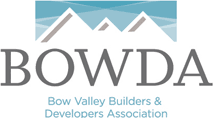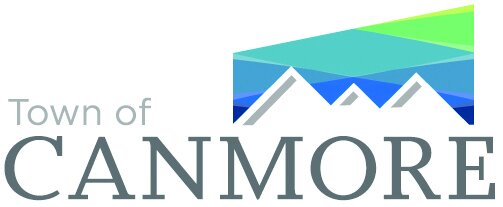ATHABASCA UNIVERSITY & THE ROYAL ARCHITECTURAL INSTITUTE OF CANADA: DESIGNING FOR CLIMATE CHANGE — AN ARCHITECT’S RESPONSIBILITY
Climate change is the most pressing and complex design problem of our time. Through their primary role in shaping the built environment, architects possess both the capability and moral duty to enable transformational, sustainable, healthy and resilient design solutions. in this webinar Dr. Henry Tsang will show you where we go from here.
LIVE SOLAR NOW WITH KCP ENERGY: SOLAR, A VIABLE ENERGY SOLUTION TODAY
Solar at the source has become a viable solution for businesses, developers and homeowners. Learn about the latest happenings in the industry, how solar at the source not only reduces emissions but also adds value to your development or business and how solar can work in concert with other renewable and energy efficiency technologies to improve the overall value of high efficiency buildings.
SPRING CREEK mountain village: GEOTHERMAL & GEO-EXCHANGE IN SPRING CREEK
Geothermal heating: What is it, how does it work, and can it be cost-effective? Why do some call it GeoExchange? Is it more environmentally sustainable, and can it really reduce greenhouse gas emissions?
Frank Kernick, developer of Spring Creek Mountain Village, addresses these questions and more.
THINKBRIGHT HOMES: ENERGY STEP CODES IN THE REAL WORLD
Energy Step Code compliance can be costly and complex, but it doesn’t have to be. For over a decade, thinkBright Homes has built competitively at what is now BC Step Code levels 3-5.
Paul and Meredith, the husband/wife team leading thinkBright, share their case studies and strategies for achieving energy efficiency targets while simultaneously meeting their corporate and client financial needs.
DALE MIKKELSEN: SOLUTIONS FOR COST-EFFECTIVE, HIGH-PERFORMANCE BUILDINGS
Take a detailed dive into leading-edge, high performance buildings that have a mandate to meet current market costs for conventional buildings.
This presentation will look at a childcare facility pursuing Living Building Certification and a 90 unit purpose-built rental project using Passive House and Zero Energy objectives.
INTEGRAL GROUP: SUSTAINABILITY IN THE BUILT ENVIRONMENT
This webinar will introduce the concept of high-performance buildings and define the pathways for different certification schemes such as Canada Green Building Council (CaGBC) Zero Carbon Buildings, International Living Future Institute (ILFI) Zero Energy, and Passive House. Common financial misinterpretations and technical challenges will be addressed based on Alberta’s context.
4 ELEMENTS integrated DESIGN: NAVIGATING GREEN BUILDING IN 2020 & BEYOND FOR PART 9 BUILDINGS
Come on a guided tour of all currently available, major green building programs in Canada for homes and residential buildings, including LEED Canada for Homes, Built Green, R-2000, and ENERGY STAR for New Homes and EnerGuide.
Investigate the strategies and potential pitfalls for starting out in green building and take the next step towards better built, better performing and more environmental homes.
Passive House Alberta:
Q & A SESSION WITH A PASSIVE HOUSE DESIGNER & OWNER
This webinar allowed participants to ask questions on Passive House and High-Performance Building practices for new builds and renovations. If you are not familiar with Passive House, an introductory recorded webinar from Passive House Alberta can be viewed here.
The presentation starts with a brief update on the embodied carbon of materials. Questions were submitted during the webinar registration and presentation.
DALE MIKKELSEN:
UNIVERCITY — DOING GOOD WHILE DOING WELL
The community of UniverCity, adjacent to Simon Fraser University in the heart of metro Vancouver, has been a decade-long experiment in sustainable market development. With only three years to go until development build-out, UniverCity is a case study in the quest to build more sustainably, and proves that sustainable development is market-ready.
Dale shares the solutions that continue to work today, while highlighting the pitfalls of being a slave to ideals.
The Sustainable Building Summit was a collaboration between the Biosphere Institute and the following organizations:




